Two years in the making, this 21-chapter book was released by Oxford University Press (OUP) on December 20, 2014. It addresses the importance of energy access in reducing poverty and increasing human welfare, a topic just beginning to receive widespread visibility. A brief description of the book is attached below; a Table of Contents can be found at the following website:
https://global.oup.com/academic/product/energy-poverty-9780199682362?cc=dk&lang=en&
Edited by Antoine Halff, Benjamin K. Sovacool, and Jon Rozhon
A one-stop treatment of energy poverty, an issue whose pivotal role in the fight for human development and against poverty is only now being recognised
A practical guide and reference work for policymakers and practitioners in the field
Provides a fresh perspective on tomorrow’s energy challenges
Brings together diverse viewpoints and includes contributions from experts and practitioners from all over the world, including China, India, Brazil, sub-Saharan Africa, and the Middle East
Includes chapters from authors at the cutting edge of research: Fatih Birol, chief economist of the International Energy Agency, Han Wenke, head of China’s Energy Research Institute, Nigel Bruce of the World Health Organisation, and Jason Bordoff, former senior advisor on energy to President Barack Obama”
I also attach a copy of the chapter I was privileged to write, ‘Energy and Water: A Critical Linkage”, on a topic that is also receiving increasing attention. It is a bit long compared to my usual blog posts, but worth reading. A special gift awaits those who read to the end of the chapter.
…………………………………………
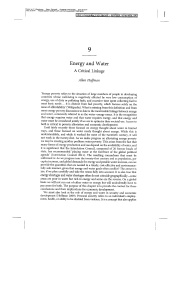
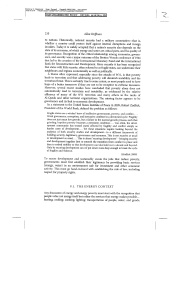
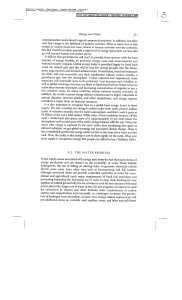
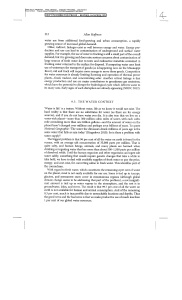
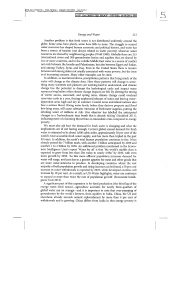
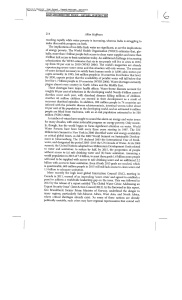
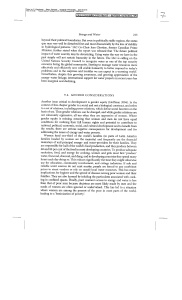
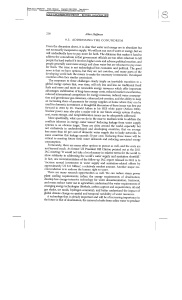
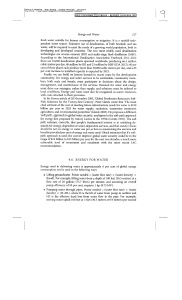
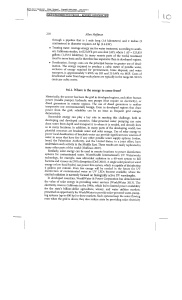
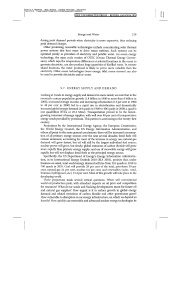
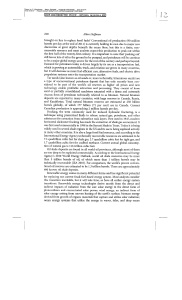
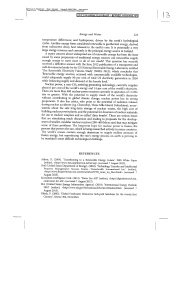
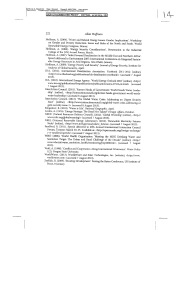



The parts of Chapter 9 that strike me as both interesting and most important issues for research are (a) Gender Considerations (p. 215) and (b) Energy and Water ( p. 219).
(Gender) Especially in rural parts of developing countries in which the males work at distant sites, even out of the country, the situation really needs to be understood in detail. A reading of Greg Campbell’s book Blood Diamonds shows some local details and their origins that remain so strongly linked to colonialism. (I look forward to reading the chapter on Gender by Barbara Farhar–our old friend going back to DPR days.) Project design and development take time and effort based on prior research of local preferences and institutional arrangements. It is an area with significant research, for example: http://wle.cgiar.org/blogs/2012/07/04/elinor-ostrom-the-non-tragedy-of-the-commons/
(Energy and Water) You make the existence of real issue clear by saying: “These projections mask several critical questions.” The five questions follow that simple sentence should open some eyes and, perhaps, some doors as well. Some current answers are sketched out and, for example, R&D issues are mentioned to show clearly that not all the important answers are known—nor will they ever be permanently known. Those who take economics seriously will be glad to see the hints that energy or water policy is not made on the basis of belief in universally competitive economic forces.